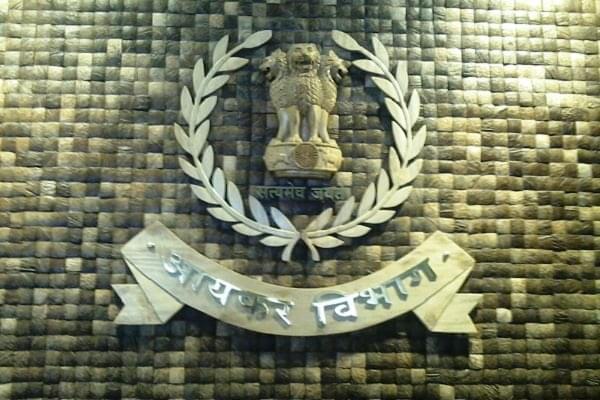News Brief
Budget Session May Introduce New Income Tax Bill With 60 Per Cent Fewer Provisions To Replace 1961 Act—Here's All About It
Vansh Gupta
Jan 18, 2025, 03:50 PM | Updated 03:50 PM IST
Save & read from anywhere!
Bookmark stories for easy access on any device or the Swarajya app.


The government is set to table a new Income Tax bill during the Budget session of Parliament, aiming to replace the six-decade-old Income Tax Act 1961. This move seeks to streamline the law, making it concise, and comprehensible, and significantly reducing its length by about 60 per cent.
Finance Minister Nirmala Sitharaman announced this overhaul in her July 2024 Budget speech, promising a complete review within six months to address existing complexities and disputes.
Unlike an amendment to the current Act, the proposed legislation will be a fresh framework altogether. Sources confirm that the draft law is in its final stages of review by the Law Ministry and is expected to be introduced in the second half of the Budget session, scheduled from 31 January to 4 April.
The Central Board of Direct Taxes (CBDT) has spearheaded this initiative by forming an internal committee and 22 specialised sub-committees to conduct a detailed review of the Act.
Public consultations played a vital role, with 6,500 suggestions received from stakeholders under four categories: simplification of language, reduction of litigation, compliance ease, and removal of obsolete provisions.
The new law will consolidate and trim down the Act's existing 298 sections and 23 chapters, focusing on deleting redundant provisions. This initiative promises to enhance clarity, minimise disputes, and foster greater tax certainty for individuals and businesses.
The Finance Minister emphasised that the revamp is designed to simplify compliance for taxpayers and reduce litigation by eliminating ambiguities in the law.
By cutting down unnecessary complexities, the revised legislation seeks to provide a user-friendly approach to direct taxation, covering personal income tax, corporate tax, securities transaction tax, and more.
Vansh Gupta is an Editorial Associate at Swarajya.




